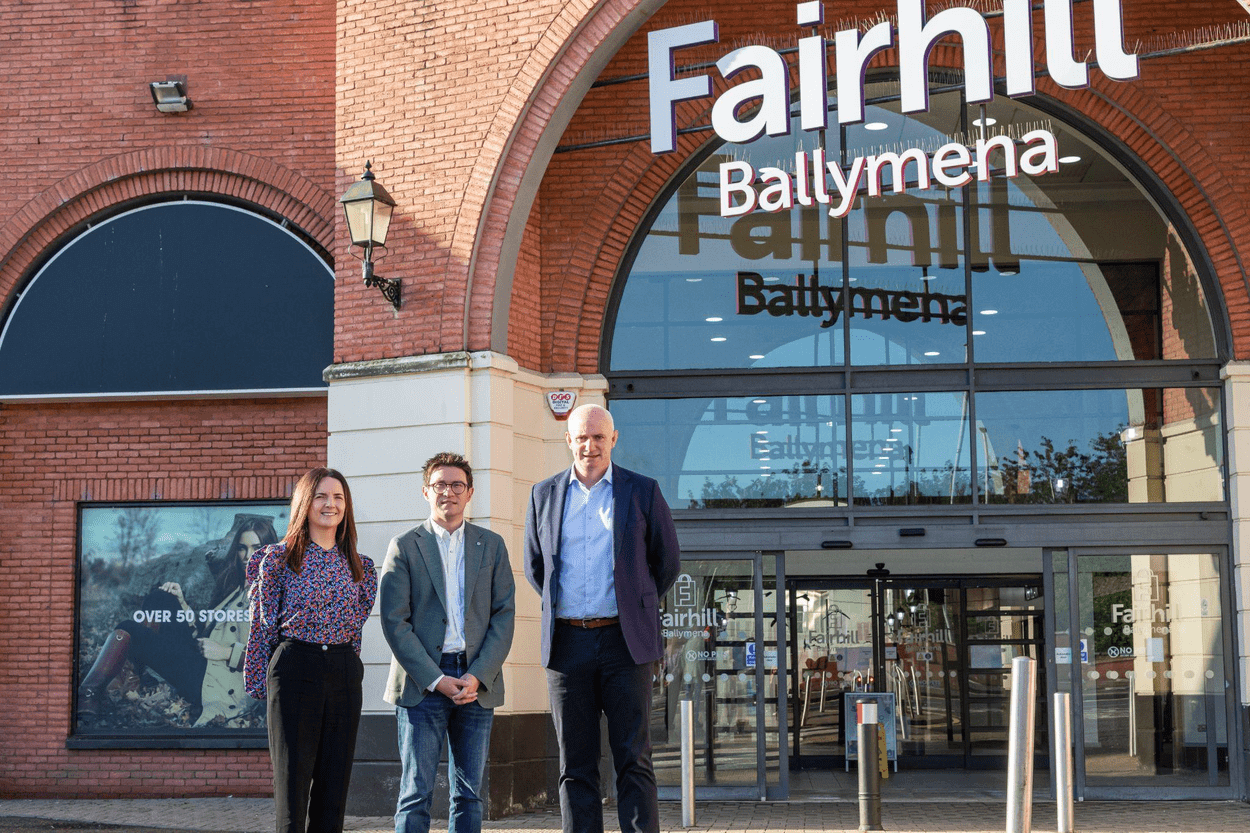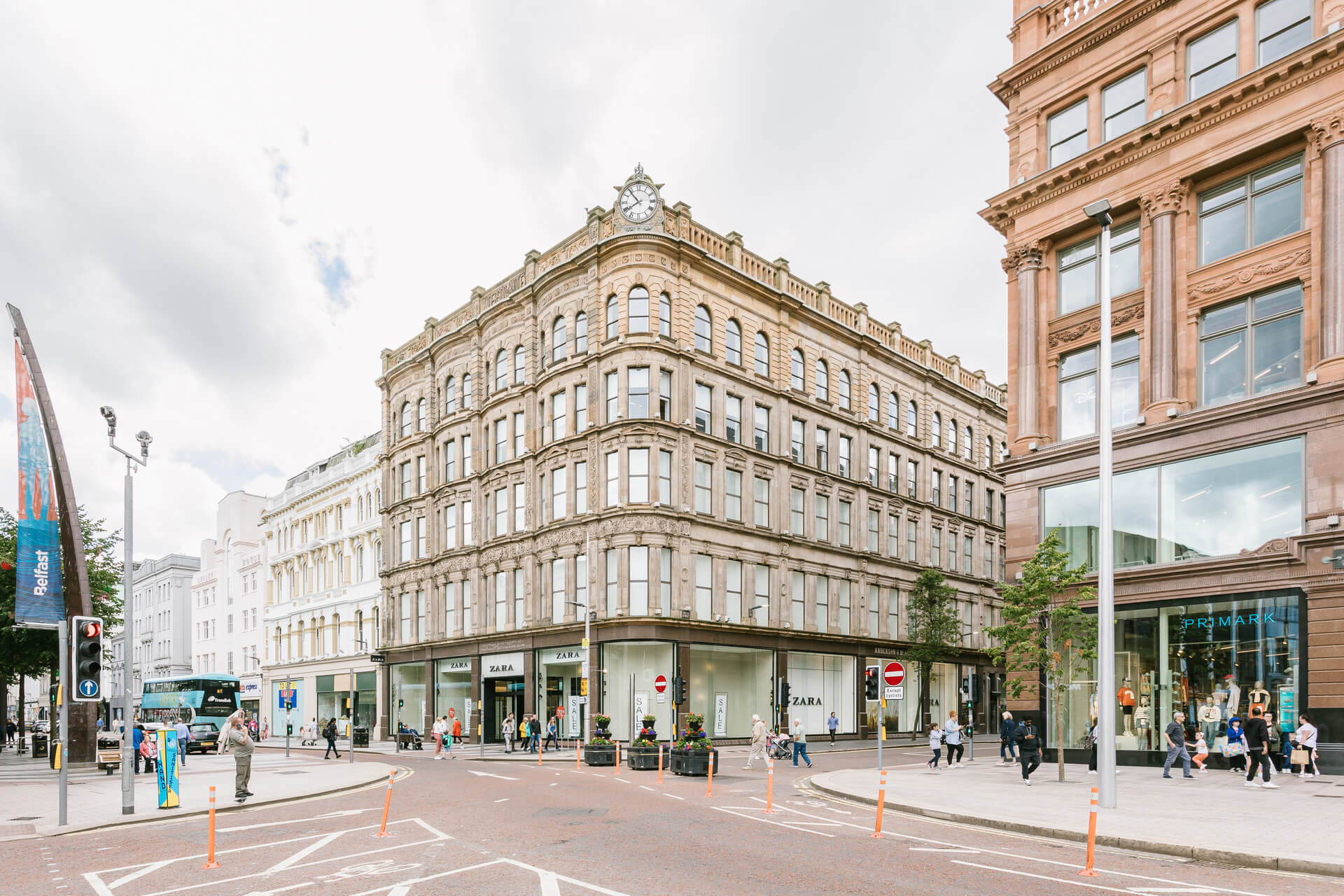Spotlight on tdk
Keep up to date with us.












Spotlight on tdk
Keep up to date with us.